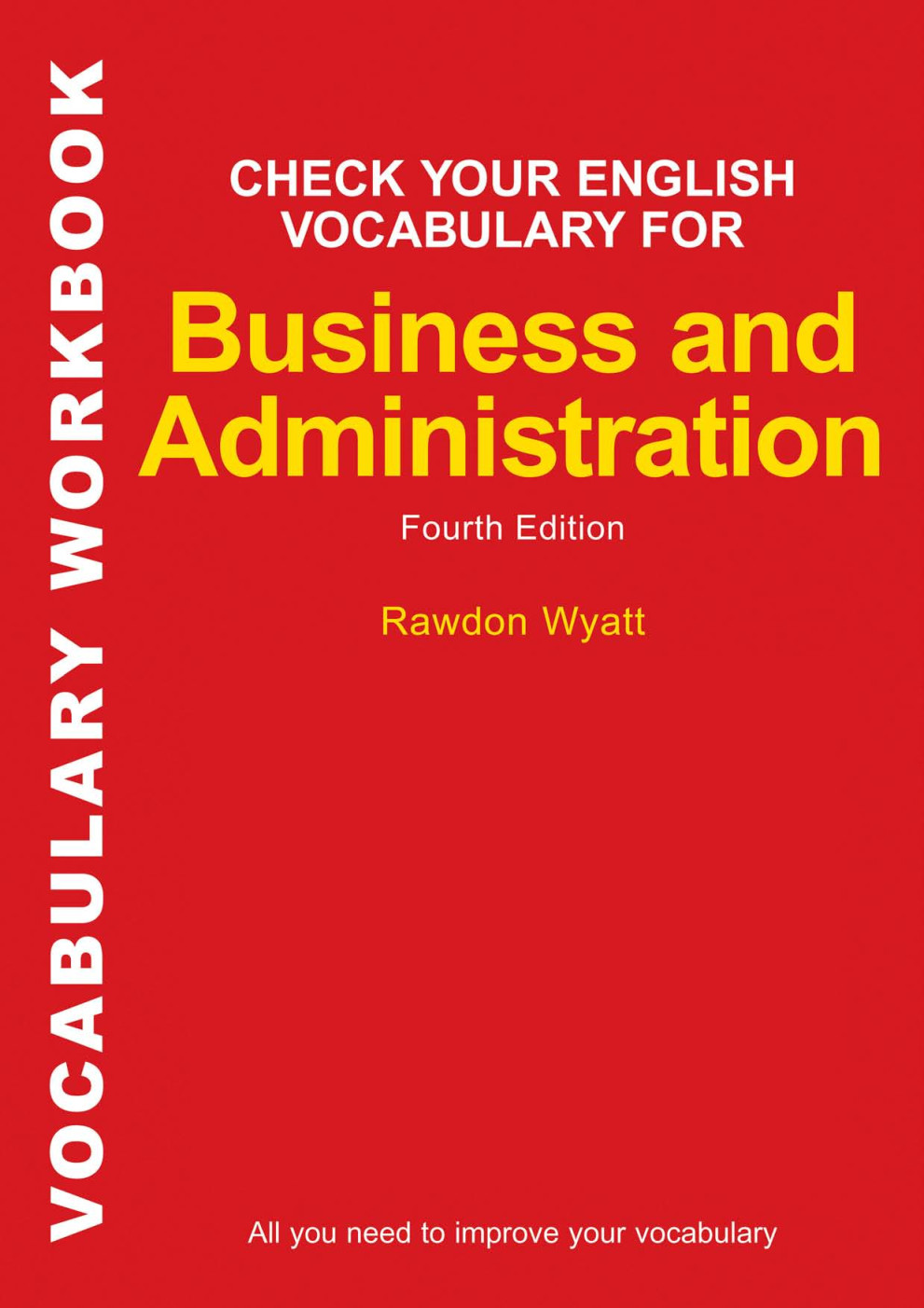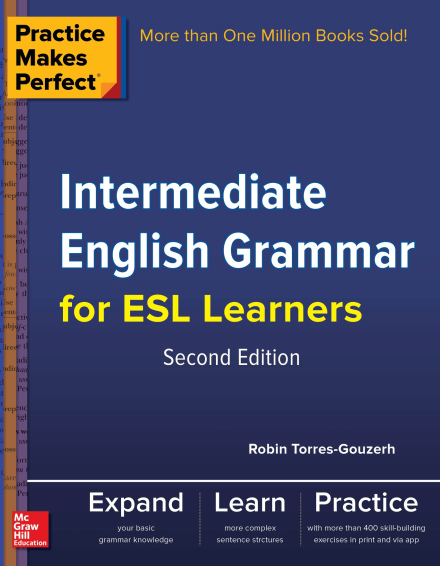Tổng hợp các thì cơ bản trong tiếng Anh
Philenglish
Philenglish
Philenglish
Xin chào các bạn,
Hôm nay, Phil Online xin gửi đến bạn bảng tổng hợp các thì cơ bản trong tiếng Anh.
Đây đều là những thì quan trọng mà bắt buộc các bạn phải nằm lòng dù đang ở trình độ nào đi chăng nữa. Các bạn hãy lưu ý cách thành lập và sử dụng của từng thì, tránh nhầm lẫn nhé.
|
Thì hiện tại đơn (Simple Present) |
|
|
Câu khẳng định |
She drinks. |
|
Câu phủ định |
She does not drink. |
|
Câu nghi vấn |
Does she drink? |
|
Công thức |
I, you we they play | he, she, it plays |
|
Cách sử dụng |
- action in the present taking place once, never or several times - facts - actions taking place one after another - action set by a timetable or schedule |
|
Thì hiện tại tiếp diễn (Present Progressive) |
|
|
Câu khẳng định |
He is reading. |
|
Câu phủ định |
He is not reading. |
|
Câu nghi vấn |
Is he reading? |
|
Công thức |
To be (in the simple present) + verb + ing |
|
Cách sử dụng |
- action taking place at the moment of speaking - action arranged for the future |
|
Thì quá khứ đơn (Simple Past) |
|
|
Câu khẳng định |
I cried. |
|
Câu phủ định |
I did not cry |
|
Câu nghi vấn |
Did I cry? |
|
Công thức |
Regular verbs: Verb + ed | Irregular verbs: forms differ and should be learned by heart. This is a list of irregular verbs |
|
Cách sử dụng |
- action in the past taking place once, never or several times - actions taking place one after another |
|
Qúa khứ tiếp diễn (Past Progressive) |
|
|
Câu khẳng định |
He was driving. |
|
Câu phủ định |
He was not driving. |
|
Câu nghi vấn |
Was he driving? |
|
Công thức |
to be (in the simple past) + verb + ing |
|
Cách sử dụng |
- action going on at a certain time in the past - actions taking place at the same time - action in the past that is interrupted by another action |
|
Hiện tại hoàn thành (Present Perfect Simple) |
|
|
Câu khẳng định |
They have slept. |
|
Câu phủ định |
They have not slept. |
|
Câu nghi vấn |
Have they slept? |
|
Công thức |
Have / has + past participle (past participle of regular verbs: verb + ed | Past participle of irregular verbs: forms differ and should be learned by heart. This is a list of irregular verbs) |
|
Cách sử dụng |
- emphasis is on the result (not the duration) - action that started in the past & is still going on - action that stopped recently - finished action that has an influence on the present |
|
Hiện tại hoàn thành tiếp diễn (Present Perfect Progressive) |
|
|
Câu khẳng định |
He has been thinking. |
|
Câu phủ định |
He has not been thinking. |
|
Câu nghi vấn |
Has he been thinking? |
|
Công thức |
have or has + been + verb + ing |
|
Cách sử dụng |
- putting emphasis on the course or duration (not the result) - action that recently stopped or is still going on - finished action that influenced the present |
|
Thì quá khứ hoàn thành (Past Perfect Simple) |
|
|
Câu khẳng định |
She had won. |
|
Câu phủ định |
She had not won. |
|
Câu nghi vấn |
Had she won? |
|
Công thức |
had + past participle (past participle of regular verbs: verb + ed | Past participle of irregular verbs: forms differ and should be learned by heart. This is a list of irregular verbs) |
|
Cách sử dụng |
- action taking place before a certain time in the past - sometimes interchangeable with past perfect progressive - putting emphasis only on the fact (not the duration) |
|
Qúa khứ hoàn thành tiếp diễn (Past Perfect Progressive) |
|
|
Câu khẳng định |
He had been waiting. |
|
Câu phủ định |
He had not been waiting. |
|
Câu nghi vấn |
Had he been waiting? |
|
Công thức |
had + been + verb + ing |
|
Cách sử dụng |
- action taking place before a certain time in the past - sometimes interchangeable with past perfect simple - putting emphasis on the duration or course of an action |
|
Tương lai đơn (Future Simple) |
|
|
Câu khẳng định |
I will open the door. |
|
Câu phủ định |
I will not open the door. |
|
Câu nghi vấn |
Will you open the door? |
|
Công thức |
will + verb |
|
Cách sử dụng |
- We use the simple future for instant decisions. - We use the simple future when we predict a future situation - We use the simple future in conditional sentences type one. |
|
Thì tương lai kế hoạch (Future Plan) |
|
|
Câu khẳng định |
He is going to clean the car. |
|
Câu phủ định |
He is not going to clean the car. |
|
Câu nghi vấn |
Is he going to clean the car? |
|
Công thức |
to be (in the simple present) + going + to + verb |
|
Cách sử dụng |
- to express the future when we intend to do something or have decided to do something but did not arrange it. It is just an intention. - predictions in the future |
|
Tương lai tiếp diễn (Future Progressive) |
|
|
Câu khẳng định |
She will be listening to music. |
|
Câu phủ định |
She will not be listening to music. |
|
Câu nghi vấn |
Will she be listening to music? |
|
Công thức |
will + be + verb + ing |
|
Cách sử dụng |
- action that is going on at a certain time in the future - action that is sure to happen in the near future |
|
Tương lai hoàn thành (Future Perfect) |
|
|
Câu khẳng định |
He will have spoken. |
|
Câu phủ định |
He will not have spoken. |
|
Câu nghi vấn |
Will he have spoken? |
|
Công thức |
will + have + past participle (past participle of regular verbs: verb + ed | Past participle of irregular verbs: forms differ and should be learned by heart. This is a list of irregular verbs) |
|
Cách sử dụng |
- action that will be finished at a certain time in the future |
|
Tương lai hoàn thành tiếp diễn (Future Perfect Progressive ) |
|
|
Câu khẳng định |
You will have been studying. |
|
Câu phủ định |
You will not have been studying. |
|
Câu nghi vấn |
Will you have been studying? |
|
Công thức |
will + have + been + verb + ing |
|
Cách sử dụng |
- action taking place before a certain time in the future - putting emphasis on the course of an action |
|
Câu điều kiện (Conditional Simple) |
|
|
Câu khẳng định |
We would relax. |
|
Câu phủ định |
We would not relax. |
|
Câu nghi vấn |
Would we relax? |
|
Công thức |
would + verb |
|
Cách sử dụng |
- action that might take place |
|
Điều kiện cách tiếp diễn (Conditional Progressive) |
|
|
Câu khẳng định |
He would be writing. |
|
Câu phủ định |
He would not be writing. |
|
Câu nghi vấn |
Would he be writing? |
|
Công thức |
would + be + verb + ing |
|
Cách sử dụng |
- action that might take place - putting emphasis on the course / duration of the action |
|
Điều kiện hoàn thành (Conditional Perfect) |
|
|
Câu khẳng định |
He would have written. |
|
Câu phủ định |
He would not have written. |
|
Câu nghi vấn |
Would he have written? |
|
Công thức |
would + have + past participle (past participle of regular verbs: verb + ed | Past participle of irregular verbs: forms differ and should be learned by heart This is a list of irregular verbs) |
|
Cách sử dụng |
- action that might have taken place in the past |
|
Điều kiện hoàn thành tiếp diễn (Conditional Perfect Progressive) |
|
|
Câu khẳng định |
She would have been sleeping. |
|
Câu phủ định |
She would not have sleeping speaking. |
|
Câu nghi vấn |
Would she have been sleeping? |
|
Công thức |
would + have + been + verb + ing |
|
Cách sử dụng |
- action that might have taken place in the past - puts emphasis on the course / duration of the action |
Như vậy là chúng ta đã điểm qua tất cả các thì cơ bản trong tiếng Anh rồi. Chúc các bạn học tập thành công!
- Tổng hợp từ vựng tiếng Anh thiết yếu cho chuyên ngành công nghệ thông tin - July 07 - 30, 2018
- Tổng hợp 33 câu chúc Halloween thú vị bằng tiếng Anh - October 10 - 27, 2020
- Tổng hợp từ vựng tiếng Anh thiết yếu cho chuyên ngành báo chí - July 07 - 30, 2018
- Tổng hợp từ vựng tiếng Anh chuyên ngành kế toán thông dụng nhất - November 11 - 6, 2021
- Ngữ pháp tiếng Anh cơ bản: Tìm hiểu các loại động từ - December 12 - 9, 2021














Bình luận
Full name
Add a comment
COMMENT